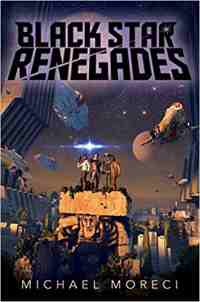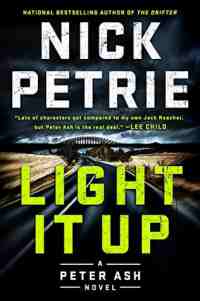Poison by John Lescroart
 Friday, March 9, 2018 at 9:03AM
Friday, March 9, 2018 at 9:03AM 
Published by Atria Books on February 13, 2018
Dismas Hardy has a new murder case, and that’s reason for readers — but not Dismas — to celebrate. A former client named Abby Jarvis has been charged with murdering her boss for a million dollar inheritance. Having once killed someone in a car accident, the police and prosecutors (being true to their nature) believe that Abby must be guilty of an intentional murder. In addition, Abby was the bookkeeper in her boss’ business, and she has been taking money off the books, perhaps by embezzling the funds or perhaps as a means of tax-free compensation that her boss authorized. In any event, things don’t look good for Abby.
Abby’s boss was poisoned with a drug that comes from an herbal root (although the death was initially ruled a heart attack) and there is no direct evidence that Abby poisoned him. Suicide or an accidental death from overdosing on an herbal tea is a possibility, although no poison was discovered in the victim’s home. The case against Abby does not appear to be strong, but Dismas has sworn off murder cases (the last one got him shot) and he needs to talk himself into taking this one. It doesn’t help that Abby has kept a fact or two secret that, when revealed, will make her look guilty whether she is or isn’t.
There are plenty of other suspects for Dismas and his investigator, Wyatt Hunt, to consider. The victim had been having an affair with Abby (hence her inheritance), but he had recently broken off an affair with another woman. His son Gary was running the business and may have been concerned that the victim was planning to sell it. Two other children from his first marriage also work for the business, although at least one of those resents Gary’s larger salary and would like to see the business sold so he could cash in and stop working. The victim’s current wife is in a care facility for dementia, and her adopted son, while having no role in the victim’s business, seems to be taking an active interest in whether or not it will be sold.
Much of the drama unfolds early in the case, after Abby has been indicted but before she’s entered a plea. Whether Dismas will even continue to represent her past the plea is unclear. Even less clear, since Dismas doesn’t know what evidence was presented to the grand jury, is whether the case is strong or weak. The police and prosecutors engage in a fair amount of posturing, as does Dismas, but Dismas’ uncertainty is a realistic portrayal of the problem that defense attorneys have as they make strategic decisions early in a case without knowing what they’re facing.
Dismas is one of my favorite defense attorneys in legal thrillers. He’s an ideal blend of nice guy and fierce advocate. He has strong friendships with prosecutors and police investigators, but he doesn’t let friendship get in the way of mounting an aggressive defense. He’s tactically smart and has the theatrical skills that defense lawyers need. He’s ethical, practical, and dedicated to his clients. If he were real, I would hire him in a heartbeat.
A subplot involves Detective Eric Waverly’s struggle with pain and the impact his anger is having on his family and career. Another involves Dismas’ son Vinnie, whose friend David Chang was murdered. Another involves how Dismas’ wife reacts to the fear that Dismas has (again) made himself (and perhaps Vinnie, this time) a target for the real killer. The dilemma that Dismas faces (abandon his client or be abandoned by his wife) adds an extra layer of drama to the story. All of the subplots are credible and they all tie together neatly in the end. Poison is the kind of well-crafted legal thriller that readers have come to expect from John Lescroart, and another strong entry in the Dismas Hardy series.
RECOMMENDED



